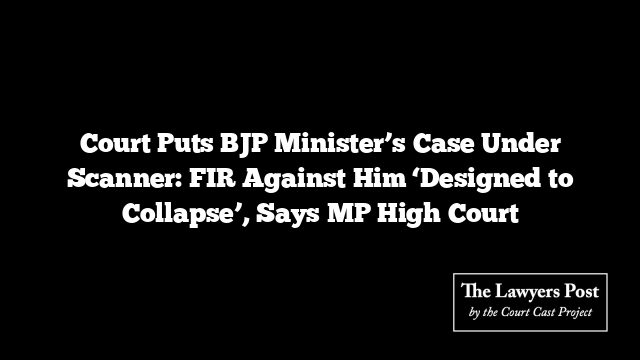The buzz around foreign law firms stepping into India’s legal playground got a reality check. Lalit Bhasin, head of the Society of Indian Law Firms (SILF), says the Bar Council of India’s (BCI) recent rule changes are jumping the gun—before the legal foundation is properly laid.
Bhasin’s core argument? The matter is still tangled in the courts, specifically the Delhi High Court. Plus, a Supreme Court verdict clearly bars foreign lawyers from practicing in India—litigation, corporate work, all of it.
“Why rush to let foreign firms in when the law itself hasn’t caught up?” Bhasin mused. His prescription: amend the Advocates Act, 1961. The Act currently limits legal practice to Indian citizens. The fix is straightforward—a tweak to allow the BCI to set rules letting foreign lawyers operate under specific conditions, without clashing with the Supreme Court ruling.
Despite this, Bhasin isn’t against the idea itself. He welcomes foreign firms and sees the upside: competition that sparks learning and growth on all sides. The hitch is timing. Premature steps could trip the government, the BCI, and the lawyers themselves into a legal quagmire.
That may explain why, even with BCI’s efforts, foreign lawyers haven’t yet made a notable mark in India’s courts.
So what’s changed? On May 13, the BCI rolled out updated rules aiming to regulate how foreign lawyers and firms can operate here. The key: no courtroom appearances. Foreign lawyers can only handle non-litigious work — think cross-border deals, international arbitration, and advice on foreign or international law.
They’re cleared for corporate transactions, mergers, intellectual property contracts, and representing clients in arbitration where foreign laws apply. But courts and tribunals remain off-limits.
Foreign firms can set up offices in India, hire Indian lawyers registered as foreign legal consultants, and even team up with Indian firms—provided everyone follows the new registration rules.
Indian lawyers, meanwhile, can work abroad for foreign firms without these registrations and can receive client referrals from foreign firms back home.
The BCI’s play aims to balance opening doors with protecting Indian advocates, but the legal dance isn’t over yet. For now, SILF’s Lalit Bhasin urges caution: the script needs rewriting before the foreign players take center stage.





